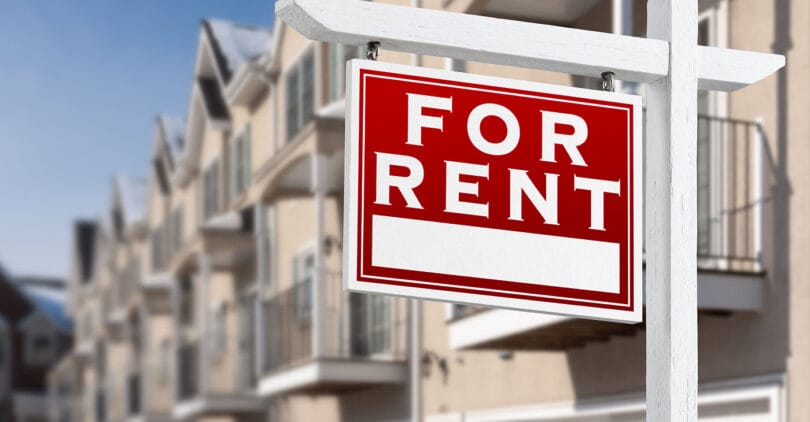DOJ and State Attorneys General Sue RealPage for Alleged Rent Price Fixing
The DOJ argues that this violates the Sherman Act, a cornerstone of U.S. antitrust law designed to promote competition.

WASHINGTON, D.C. — In a landmark lawsuit, the Department of Justice (DOJ) and Attorneys General from eight states have filed a civil complaint against RealPage Inc., accusing the company of orchestrating an illegal rent price-fixing scheme. RealPage, a leading provider of revenue management software for landlords, is alleged to have manipulated rental prices across the country, violating federal antitrust laws.
The suit, filed in August after a two-year investigation, claims RealPage’s software artificially inflates rents for millions of tenants by allowing competing landlords to share sensitive pricing information, ultimately leading to higher costs for renters. The DOJ argues that this violates the Sherman Act, a cornerstone of U.S. antitrust law designed to promote competition.
“When the Sherman Act was passed, an anticompetitive scheme might have looked like robber barons shaking hands in secret. Today, it looks like landlords using algorithms to align rents,” a DOJ official stated. “Antitrust law doesn’t expire just because competitors find new ways to break the law. Americans shouldn’t pay more in rent because of a corporate scheme with landlords.”
Joining the DOJ in the suit are the Attorneys General of California, Colorado, Connecticut, Minnesota, North Carolina, Oregon, Tennessee, and Washington. They claim RealPage’s practices disproportionately harm renters of color, worsening the already heavy financial burdens on Black and Latino households.
A recent study by Harvard’s Joint Center for Housing Studies revealed that 57% of Black and 54% of Hispanic renters were cost-burdened in 2022, with housing costs disproportionately higher for lower-income renters of color.
The lawsuit alleges that RealPage uses nonpublic data from competing landlords to suggest rental prices through its software, a practice that restricts competition and pushes prices up artificially. The suit contends that without this practice, landlords would be competing for renters by offering more favorable terms, lower prices, and discounts.
Deputy Attorney General Lisa Monaco emphasized the importance of fair competition in housing: “Renters should be able to negotiate prices with landlords without the specter of collusion. RealPage’s practices have shut out fair competition — and that’s against the law.”
North Carolina Attorney General Josh Stein, whose office filed the suit in the Middle District of North Carolina, highlighted the impact of rising rent prices in his state.
“Rents are already too high, and this illegal scheme only makes it worse,” said Stein. “I won’t tolerate any company blocking healthy competition among landlords to drive up rents.”
The rise in rental costs is a national issue. In Wake County, North Carolina, the median rent jumped 40% between 2010 and 2020, adding $4,200 annually to household expenses. Across the U.S., cities like Knoxville, Tennessee, saw rent increases of 59% from 2019 to 2024, while in states like California and New York, average rent for even modest apartments now exceeds $2,000.
The lawsuit could have significant implications for the rental housing market, particularly as affordable housing becomes more difficult to find.
“Anti-competitive practices that inflate housing costs only hurt families working hard to secure stable homes,” said Monica Burks, Policy Counsel at the Center for Responsible Lending. “This lawsuit is a critical step toward restoring fairness in the rental market.”
As housing costs continue to rise, the outcome of this case could have nationwide repercussions for renters and landlords alike.





